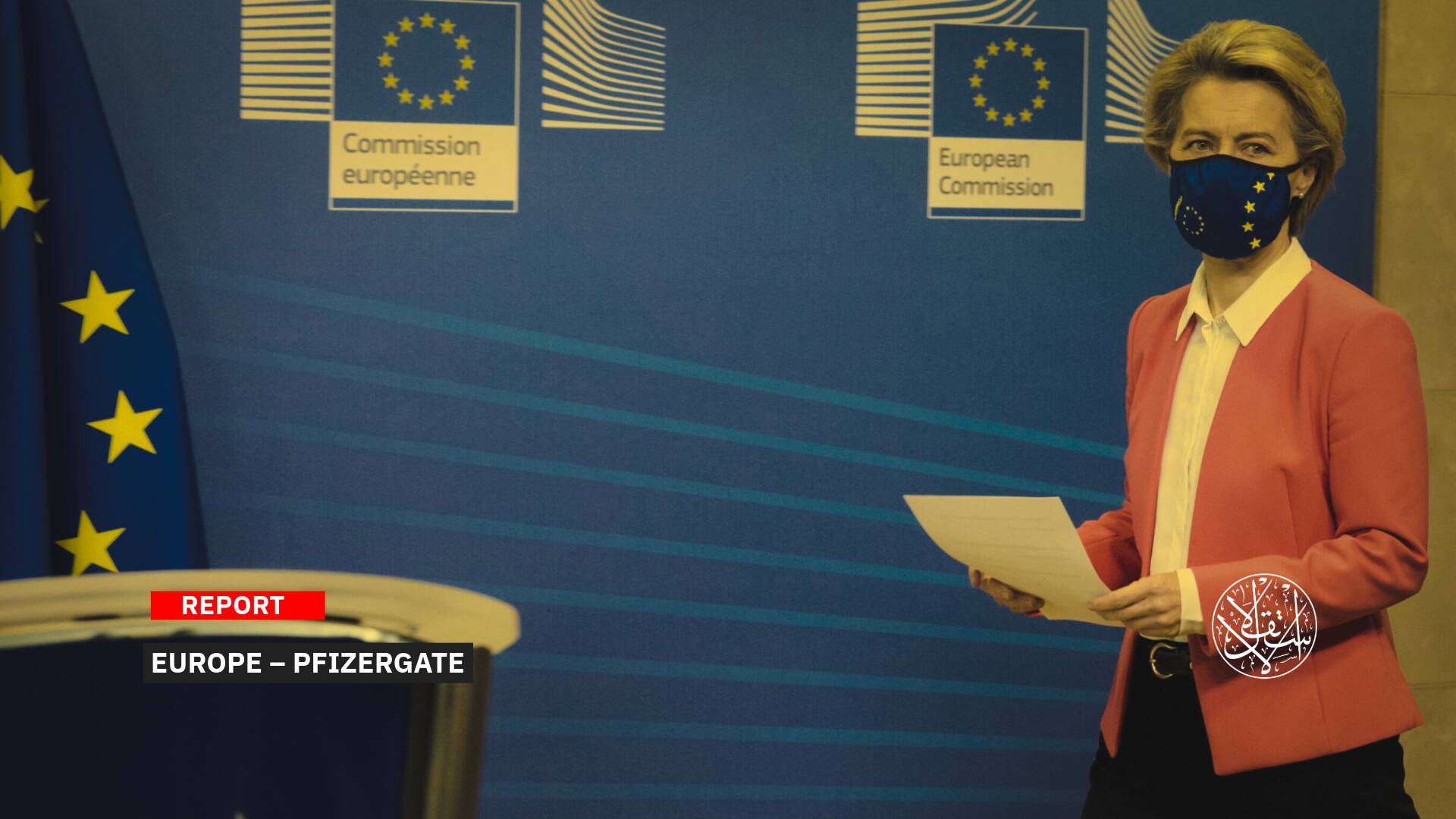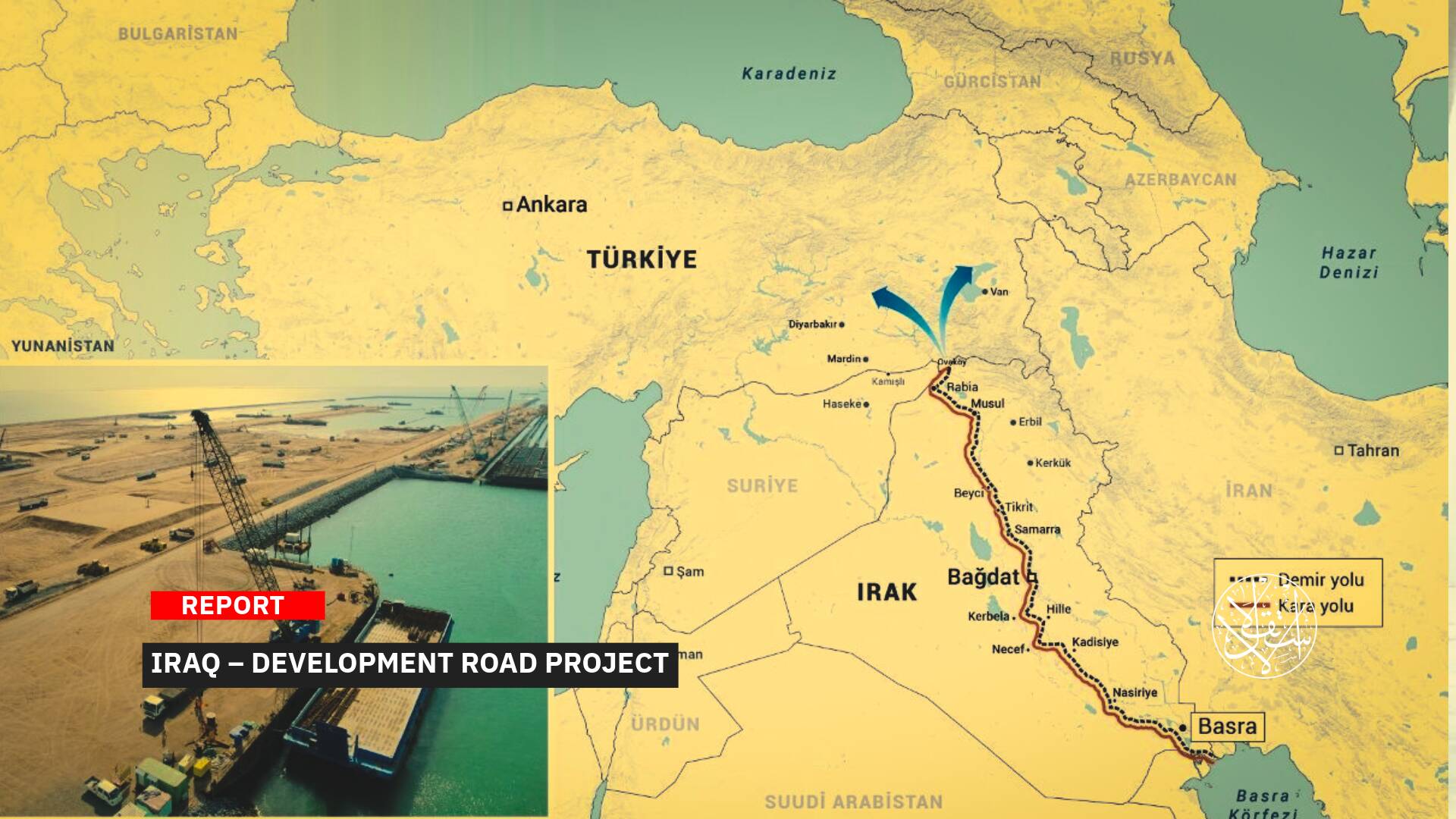Gold is the Password: Why Does the UAE Support Hemedti in His War Against the Sudanese Army?

The mysterious role of the UAE in the current crisis in Sudan raises questions about the backstage and secrets of the ongoing war between the Armed Forces commander Abdel Fattah al-Burhan and the Rapid Support Forces (RSF) commander Mohamed Hamdan Dagalo, generally referred to as Hemedti, since April 15, 2023.
Media outlets and international organizations confirm that Emirati fingers are behind Hemedti in this war to achieve “economic interests” related to gold mines, as well as its plans for the country’s vital ports on the Red Sea, especially Port Sudan.
Hemedti’s Gold
According to several international reports, Hemedti owns an enormous fortune from looting Sudan’s gold from illegal mines and exporting it abroad, especially to the UAE, which buys it at low prices in exchange for its political and military support to him.
He runs a private company called al-Junaid, which operates in mining and trade and is led by his brother, Abdul Rahim Dagalo, according to documents published by Global Witness on December 19, 2019, which is a non-governmental organization to combat corruption.
This organization obtained banking and institutional data that shows that Hemedti and his company’s men have a bank account in their name at Abu Dhabi National Bank in the UAE. In an investigation that tracked the path of Sudan’s gold sold by Hemedti.
The New York Times confirmed on June 5, 2022, that most of Sudan’s gold production is smuggled through the UAE. It said that the UAE is the main center for unlicensed African gold, while the Sudanese Ministry of Mining announces that 80% of Sudan’s gold is exported illegally.
The Guardian also revealed, on February 10, 2020, exciting details about the control of the Rapid Support Forces led by Hemedti over gold mines and the role of the UAE in this sector.
The British newspaper reported that the UAE is the buyer of the gold that Hemedti controls and loots, while Russian Wagner mercenaries are responsible for its transport and protection through suspicious operations.
The newspaper added that the UAE is the largest importer of Sudanese gold in the world, as data from the World Trade Organization for 2018 shows that it imported 99.2% of Sudan’s gold exports.
The newspaper explained that it is not limited to gold, as the UAE has also contracted with the Rapid Support Forces militia to fight in Yemen and Libya in exchange for money.
Later, an investigation by Bloomberg on December 28, 2021, revealed that tons of gold are being smuggled from 9 countries, including Sudan, to the UAE and then turned into jewelry and bars to hide their source.
On July 15, 2022, Foreign Policy magazine reported that the Rapid Support Forces’ control over Sudan’s most profitable gold industry complicates the country’s path to democracy and threatens the power transition process.
The article pointed to the Rapid Support Forces’ control of the Jebel Amer gold mine in Darfur in 2017, as well as at least three other gold mines in other parts of the country such as South Kordofan, which made Hemedti one of the richest men in Sudan and a major player.

According to Reuters, on April 15, 2023, it was confirmed that Hemedti had complete freedom to seize gold mines in Darfur and sell Sudan’s most valuable resources, and with Sudan moving from one economic crisis to another, Hemedti has become wealthy.
He also stated in a previous interview with BBC saying he is not the first man to have gold mines. “Yes, we have gold mines and there is nothing stopping us from working in gold.”
According to data from the Central Bank of Sudan released on September 8, 2022, Sudan exported 21.8 tons of gold in the first half of the year, compared to 16.7 tons in the same period in 2021, and all gold was exported to the UAE.
Sudan’s gold exports rose in the first half of 2022 to $1.315 billion, compared to about $1.014 billion in the first half of 2021, an increase of $300.9 million.
However, international reports indicate that actual gold production in Sudan is estimated at more than 100 tons annually.
More than 60% of it is traded outside official marketing and banking channels, resulting in the loss of billions of dollars annually to the economy.
Sudanese authorities have confirmed on many occasions that up to 80% of the gold produced in Sudan is being smuggled.
Overt Support
In a noticeable manner, observers have noted that pro-Emirati media outlets have supported Hemedti in his conflict with the army. Their coverage focuses on his forces and regularly conveys exclusive statements from him, especially Sky News Arabia.
The Emirati media coverage aims to portray Hemedti as someone who had to enter this battle after noticing the army’s movements against him, and the Islamicists within the army ignited the war in the hope of restoring the previous Omar al-Bashir regime.
Another indication of Emirati support for Hemedti is that his verified official Facebook page is managed by activists from the UAE, according to internet experts and activists.
صفحة محمد حمدان دقلو (حميدتي)
— محمد قنديل (@MrKandiel) April 18, 2023
الصفحة الرسمية الموثقة على فيسبوك
يديرها ٤ مديرين ٣ منهم اخفوا مكان تواجدهم
والرابع يديرها من الامارات
انا لا اوجه اي اتهام بدعم حميدتي ولكن اطرح تساؤلين
لماذا يخفي ٣ مديرين مكان اقامتهم
ولماذا يكون مدير لصفحة مدير قوات شبه عسكرية خارج البلاد pic.twitter.com/YXSAldSXMc
The day after the start of the conflict, the Financial Times quoted an unnamed Sudanese official as saying that Hemedti receives support from the UAE because it provides him with ground forces that belong to his troops in the Yemen war against the Houthi rebels.
The Sudanese official said: “They have given him a lot of money over the past ten years, and for them, Hemedti is the strongest bet in Khartoum at present.”
For his part, political science professor Khalil al-Anani confirms that the UAE is militarily, financially, and intelligence-wise involved in the ongoing war in Sudan through its support for its right-hand man, Hemedti.
هذا الكلام قلته أكثر من مرة في مداخلاتي الإعلامية. الإمارات متورطة حتي أذنيها عسكريا ومالياً واستخباراتيا في الحرب الدائرة حالياً في السودان من خلال دعم رجلها ذراعها اليمنى "حميدتي" وذلك في مواجهة البرهان ومن خلفه مصر.#علم_نافع https://t.co/6VcRyDyYIz
— Dr.Khalil al-ِِAnani د. خليل العناني (@Khalilalanani) April 18, 2023
On April 17, the Emirati opposition Emirates Center for Studies and Media (EMASC) indicated that there is a special relationship between Hemedti and the UAE, and that he receives support from them through Tahnoon bin Zayed, the Emirati National Security Advisor.
The center has officially confirmed that the key factor behind the aforementioned relationship is the trade of gold. The Rapid Support Forces, under their control, have access to four active gold mines, whose exports are known to be directed towards the United Arab Emirates.
Secrets Revealed
In the investigative report published by Global Witness on December 9, 2019, the organization stated that certain companies acted as fronts for the financial dealings of Sudan’s Rapid Support Forces and facilitated transfers of funds to the RSF from the UAE and to Sudanese companies owned by members of Hemedti’s family, who are implicated in looting the country’s resources, particularly gold.
The RSF had an independent bank account outside Sudan in the National Bank of Abu Dhabi.
The report also revealed that Tradive General Trading, registered in the UAE, was proven to be a front for the RSF’s financial transactions, and that Hemedti’s brother was the registered director and owner of this company in the UAE.
The company received AED 50 million (approximately $13 million) in batches from the RSF’s account at the National Bank of Abu Dhabi and transferred AED 48 million to the RSF. One of the documents described the purpose of the money transfer as a “transfer from a sister company.”
The investigation also revealed the existence of another company that acted as a front for the RSF’s financial transactions with the UAE, called GSK, registered in Sudan as a technical information and security systems company, and its CEO is Algoney Dagalo, Hemedti’s younger brother.
In support of Hemedti in the war, footage broadcast by the Sudanese army showed Emirati weapons (thermal shells) obtained by the RSF from the UAE, according to The Telegraph, on April 18, 2023.
Based on the footage analyzed by activists, it appears that the crates contain 120 mm thermobaric air drop shells, marked with indications that they were produced in Serbia in 2020 and subsequently shipped to the UAE. The UAE has chosen not to provide any comment on the matter.
#Sudan ����: Sudanese Army released a video of captured munition from Rapid Support Forces (#RSF).
— Mahamat M Adam Bechir (@BlazianP) April 17, 2023
The video shows several 120mm TB Thermobaric air drop shells with UT M18 fuzes.
These are seemingly made by #Serbia ���� in 2020 and sold/supplied to #UAE ���� later. pic.twitter.com/3vDpShuigb
On April 19, 2023, the Wall Street Journal reported, citing informed sources on the conflict, that Libyan coup leader Khalifa Haftar had also sent military support to Sudanese General Mohamed Hamdan Dagalo, known as Hemedti.
The sources claimed that Haftar, whose forces control eastern Libya, had sent at least one plane from Libya to Sudan carrying military supplies for the Rapid Support Forces on April 17, 2023.
On the same day, the Sudanese army announced that Hemedti was mobilizing a large force at an air base to secure the landing of a military aid plane “from regional parties” without specifying which ones.
The American newspaper suggested that this was UAE support for Hemedti through Haftar, noting that both Haftar and Hemedti had previously allied with the UAE, which had provided military assistance to Haftar in Libya and hired Hemedti’s men to fight in Yemen.
Sources
- ‘A recipe for conflict’: the rival generals behind Sudan’s power struggle
- Militia strike gold to cast a shadow over Sudan's hopes of prosperity
- Russia’s Dreams of a Red Sea Naval Base Are Scuttled—for Now
- Day-long ceasefire agreed in Sudan after intense international mediation
- Dubai Can’t Shake Off the Stain of Smuggled African Gold











